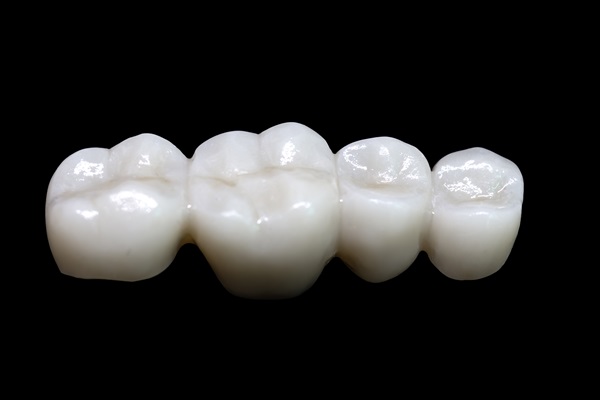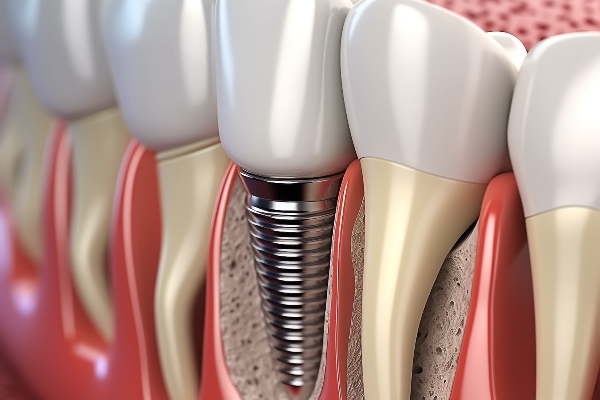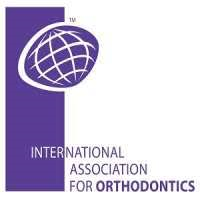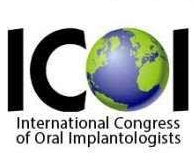3 CPAP Alternatives for Sleep Apnea
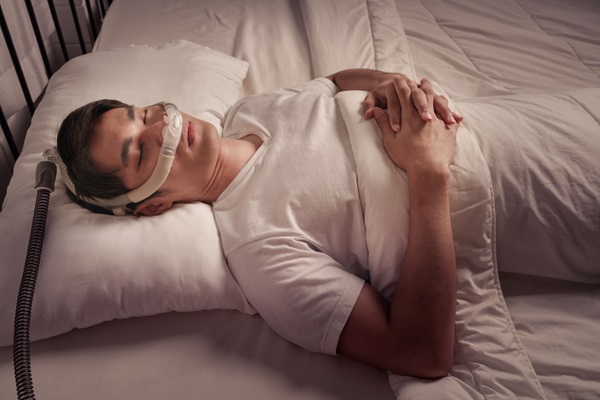
Are you looking for CPAP alternatives to treat your sleep apnea? Obstructive sleep apnea is a common condition that impacts millions of individuals all across the globe. Due to this condition, the patient’s airway closes while they are asleep. This can lead to symptoms like difficulty staying asleep throughout the night, snoring, morning headaches, and daytime fatigue.
The most popular form of obstructive sleep apnea treatment is the CPAP machine. It helps provide air that keeps the patient’s airways open throughout the night. However, many patients report CPAP machines as uncomfortable and inconvenient (e.g., hard to travel with), leading them to seek alternatives. The good news is that there are multiple effective alternatives to CPAP.
Sleep apnea treatment: Popular CPAP alternatives
CPAP machines are the most popular form of sleep apnea treatment. However, there are effective alternatives that are worth considering, especially for those patients who feel as if their CPAP machine is uncomfortable, ineffective, and inconvenient. Specifically, the most popular alternatives to CPAP machines are alternative machines, oral appliances from a dentist, and surgical treatment.
Alternative machines
Various alternative machine types may be options for patients who have sleep apnea and are not seeing the desired results from their CPAP machine. These include:
- Bilevel-positive airway pressure (BiPAP or BPAP) machines
- Auto-adjusting positive airway pressure (APAP) machine
- Expiratory positive airway pressure (EPAP) therapy
Oral appliances
An oral appliance is perhaps the most convenient way to treat sleep apnea. It is much smaller than a CPAP machine (and alternative machines). It is usually a customized dental mouthguard and works by keeping the tongue in the proper position while the patient is sleeping, thus ensuring that the airways remain open. Many dentists highly recommend oral appliances. The patient's dentist can handle the customization of their oral appliance for sleep apnea.
Surgical treatments
Surgeries are only recommended as a last resort, if the patient has not seen desirable results from non-invasive sleep apnea treatments like CPAP, alternative machines, and oral appliances. There are different types of sleep apnea surgical procedures. The most highly recommended ones include:
- Uvulopalatopharyngoplasty
- Maxillomandibular advancement
- Hypoglossal nerve stimulation
Do note that the efficacy of surgical procedures is disputed. Most patients report significant improvements and a major reduction in their sleep apnea symptoms, but some report no changes at all. A patient must understand the risks and expectations if they choose surgical treatment for sleep apnea.
FAQs about CPAP alternatives for sleep apnea
Here, we answer frequently asked questions that patients have about CPAP alternatives for sleep apnea.
How can I choose the best sleep apnea treatment?
The best sleep apnea treatment depends on the patient's preference, the treatments that have been tried in the past, and the severity of their sleep apnea. For some people, lifestyle changes and an oral appliance successfully treat their sleep apnea. For others, procedures like hypoglossal nerve stimulation may be the most effective treatment. It is best for patients to discuss their needs with a licensed professional who treats sleep apnea (e.g., a dentist).
Are alternative machines better than CPAP machines?
This depends on the specific cause of the patient's sleep apnea. For example, if the patient has difficulty exhaling against the constant pressure of a CPAP machine, they may benefit more from a BiPAP machine. Each alternative device works in a unique way. However, they are all large and hard to travel with, which is why oral appliances are often recommended for patients seeking a more comfortable and convenient solution.
Are oral appliances effective?
Oral appliances are popular options for sleep apnea treatment because they are easy to travel with and more comfortable than CPAP machines (and alternative machine types). Many patients often wonder if they are effective. The simple answer is yes; in most cases, they are effective. That said, patients should keep in mind that an oral appliance for sleep apnea from a dentist is customized for optimal effectiveness. Its purpose is to keep the airways open and improve sleep apnea symptoms.
Our dental practice can help you with sleep apnea treatment
Are you searching for an alternative to CPAP machines for your sleep apnea? Our dental practice offers a range of treatment options, and we can help you develop a personalized treatment solution for your sleep apnea. We offer customized oral appliances that are more convenient than CPAP machines and still highly effective. Contact us today to learn more and schedule a time for a consultation visit.
Request an appointment here: https://www.thegalleryofsmiles.com or call Midtown Dental - The Gallery of Smiles at (713) 979-4127 for an appointment in our Houston office.
Check out what others are saying about our dental services on Yelp: Do I Have Sleep Apnea in Houston, TX.
Recent Posts
Seeking treatment for sleep apnea is important for your general health. Your general dentist can detect signs of this sleep disorder during a comprehensive dental exam. The sleep doctor can work with your dentist to correct the problem. Here are the details about when to see a dentist for sleep apnea.This sleep disorder makes a…
If you have sleep apnea, it might at first seem like more of a nuisance for your partner than for you, especially if your primary symptom is snoring. Is it a good idea to find a solution that merely minimizes the effects on your sleeping partner — such as noise-canceling earbuds to mask the sound…
Dentists advise every one of all ages to get a Dental Checkup twice a year, at the minimum. However, despite this recommendation, not everyone actually undergoes check-ups this frequently, which can be risky. While most people believe that at-home oral hygiene is enough to maintain good health, that is far from true. It is necessary…
When it comes to preventive dental care, the approach is two-fold. First, it involves going to the dentist for regular checkups and performing any recommended follow-up treatment. Second, good oral health habits are crucial for keeping the body in good working order. For people living with chronic conditions such as diabetes and osteoporosis, keeping up…

